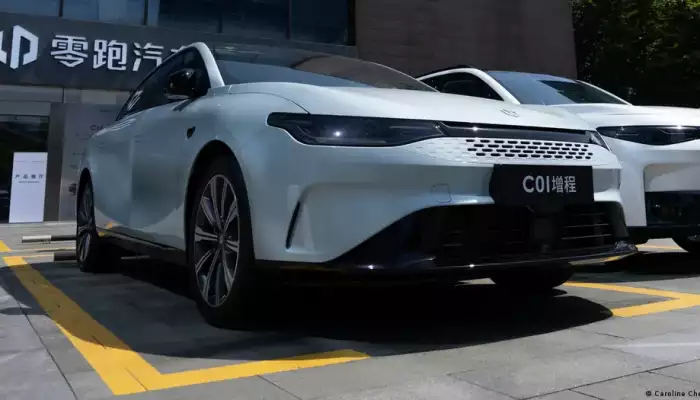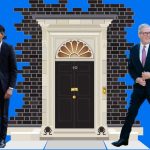The European Commission has announced new tariffs on Chinese electric vehicles to counteract what it deems as unfair subsidies received by Chinese electric vehicle makers from the Chinese government. These tariffs, ranging from 17.4% to 37.6%, are in addition to the existing 10% import duties and are set to take effect on Friday, with a final decision expected in November following negotiations between Brussels and Beijing. The EU believes that these subsidies pose a threat of economic harm to European car manufacturers.
EU Trade Chief Valdis Dombrovskis stated that there is no basis for China to retaliate against the new tariffs, emphasizing that they are necessary to prevent a flood of state-subsidized electric vehicles from entering the European market. European Commission President Ursula von der Leyen echoed this sentiment, stressing the need to address the issue of cheap, subsidized electric vehicles. The provisional tariffs were slightly adjusted after companies pointed out minor errors in the initial calculations, with negotiations set to continue over the next four months.
In response to the new tariffs, China has stated that it will take “all necessary measures” to safeguard its interests. Chinese officials are considering imposing tariffs on products like cognac and pork imported into China as retaliation. Both sides have held technical talks on the issue, but there is still a four-month window before arbitration. The Chinese Commerce Ministry has expressed hope that both parties will show sincerity and move forward with the consultation process promptly.
Despite the push for electric vehicles in Europe, German drivers are still hesitant to adopt this technology. Factors such as high purchase prices, limited charging infrastructure, and range anxiety have contributed to a slower uptake of electric vehicles in Germany. Government incentives and improved technology are expected to help boost electric vehicle sales in the country. The European Commission’s decision to impose tariffs on Chinese electric vehicles is aimed at leveling the playing field for European car manufacturers, who face competition from state-subsidized products. The ongoing negotiations between Brussels and Beijing will determine the final outcome of this trade dispute.






























